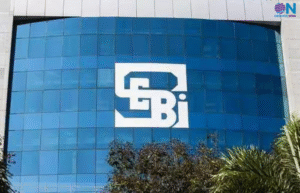MeitY Launches Second Cohort of SAMRIDH Startup Accelerator Program

The Ministry of Electronics and Information Technology (MeitY) officially launched the second cohort of the SAMRIDH startup accelerator program. Secretary of MeitY, S. Krishnan, inaugurated the initiative, which is part of the Government of India’s 100-day agenda to select and support 125 startups, aiming to nurture a total of 300 startups. Accelerators interested in participating in the second cohort are invited to apply, according to a MeitY statement issued on Thursday.
The ministry is advancing the growth of India’s software product industry under the National Policy on Software Products (NPSP)-2019. The software sector, including startups, is receiving support through various programs such as Centers of Excellence (CoEs), Technology Incubation and Development of Entrepreneurs (TIDE), Next Generation Incubation Scheme (NGIS), ICT Grand Challenges, and Gen-Next Support for Innovative Startups (GENESIS).
SAMRIDH, a flagship initiative under NPSP-2019, was first launched in August 2021 with the goal of supporting 300 software product startups with an investment of ₹99 crore over four years. The program is being carried out through various established accelerators across India, which offer services including market fit optimization, business planning, investor connections, and international expansion, along with matching funding of up to ₹40 lakh from MeitY. Implementation is managed by MeitY Start-up Hub (MSH) and Digital India Corporation (DIC).
In the first cohort of SAMRIDH, 22 accelerators from 12 states were selected through an open call for proposals. These accelerators, comprising government-supported organizations, academic institutions, private sector entities, and early-stage funding platforms, will each choose 5-10 startups in sectors such as health-tech, ed-tech, agri-tech, consumer-tech, fin-tech, Software as a Service (SaaS), and sustainability through a rigorous multi-level screening process.
















